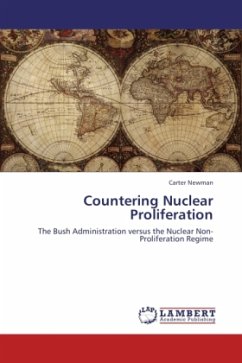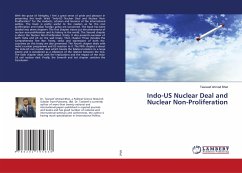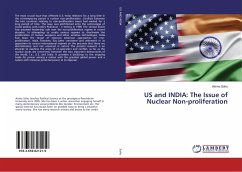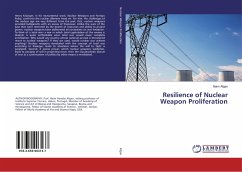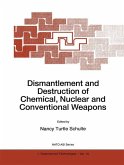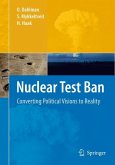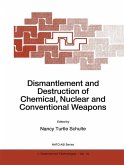The threat of nuclear proliferation is no longer being adequately contained by the original nuclear non-proliferation regime with the Nuclear Non-Proliferation Treaty (NPT) at its heart. As of 2001, the United States (US) administration has adopted new measures to counteract the proliferation of nuclear weapons. This paper proposes that the new measures adopted by the US are not effective in ensuring security from nuclear proliferation or protecting against nuclear attack It is argued that the US approach is paradoxically driving nuclear proliferation and increasing the security risk to the US, its measures acting to undermine the nuclear non-proliferation regime without replacing it with an improved regime.It is proposed that the nuclear regime for all of its failings is a necessary bedrock for a world where nuclear non-proliferation is a norm. This regime, and the treaty, is reliant on multilateral buy-in. A constructive way forward would be to fix the NPT and then build new mechanisms to counter the new drivers of nuclear weaponization. An addendum written in 2011, provides an update on how US policy has performed compared to the suggestions made in 2005.

